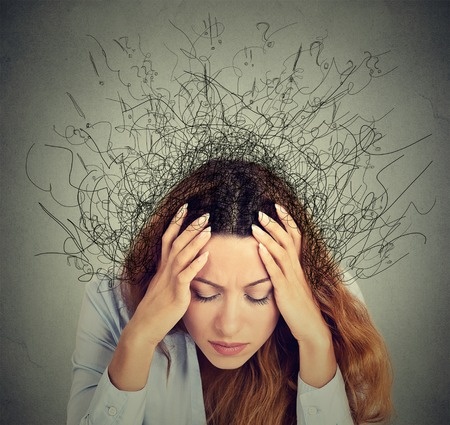Not Just a Problem For Veterans: PTSD in Sexual Assault Survivors
Most people have heard of PTSD (Post Traumatic Stress Disorder) in the context of soldiers coming home from war. The fact that this is now a part of our collective consciousness is a huge step forward for mental health in this country. For so long, soldiers suffering from PTSD symptoms (labeled “Shell Shock” for many years) were viewed as weak or simply faking an illness to escape the front lines. Now we understand that these soldiers are suffering from the very real effects of experiencing trauma in war.
But other groups experiencing PTSD still remain silenced and unrecognized. PTSD can affect anyone who has experienced trauma, whether it’s hurricane victims, kids who witness gun violence in their neighborhoods, or people who’ve lived through a car crash. In fact, the National Sexual Violence Resource Center reports that 50% of women who are raped will develop PTSD at some point in their lifetime.
Sexual assault survivors may experience the following symptoms of PTSD:
- Intrusive memories, flashbacks or nightmares: During flashbacks the survivor feels as if they are reliving the event, sometimes even experiencing physical sights, sounds, smells, emotions and sensations associated with the assault. Certain people, places, or things can trigger this experience.
- Avoidance of situations that trigger memories: Suddenly crowds might seem overwhelming and dangerous, which can trigger a sense of helplessness like that experienced during the event. Avoiding such triggers can be conscious or unconscious. Talking or even thinking about the event may be avoided as well.
- Negative effect on beliefs and/or mood: The survivor may have negative beliefs about themselves, others, or the world such as “I am disgusting” or “No one can be trusted”. They may feel detached from others, constantly shameful or angry, or blame themselves for the event.
- Hyperarousal: The survivor may constantly feel “keyed up” or “on alert”, always on the lookout for danger. Loud noises may startle them, so they will avoid things they once enjoyed such as parties or 4th of July fireworks. This hyperarousal can lead to irritability, trouble sleeping, and chronic pain.
Experiencing trauma can also be associated with eating disorders, self-harm, relationship trouble, anxiety, depression, and suicide. You do not need to suffer alone – consider seeking out a therapist that specializes in trauma who can join you on your path toward healing.
Have you (or has someone you know) experienced a sexual assault? Do these symptoms resonate? Therapy can be a helpful resource in healing. Make an appointment with Amanda and begin the process today.
Amanda Hofbauer, MA, AMFT

